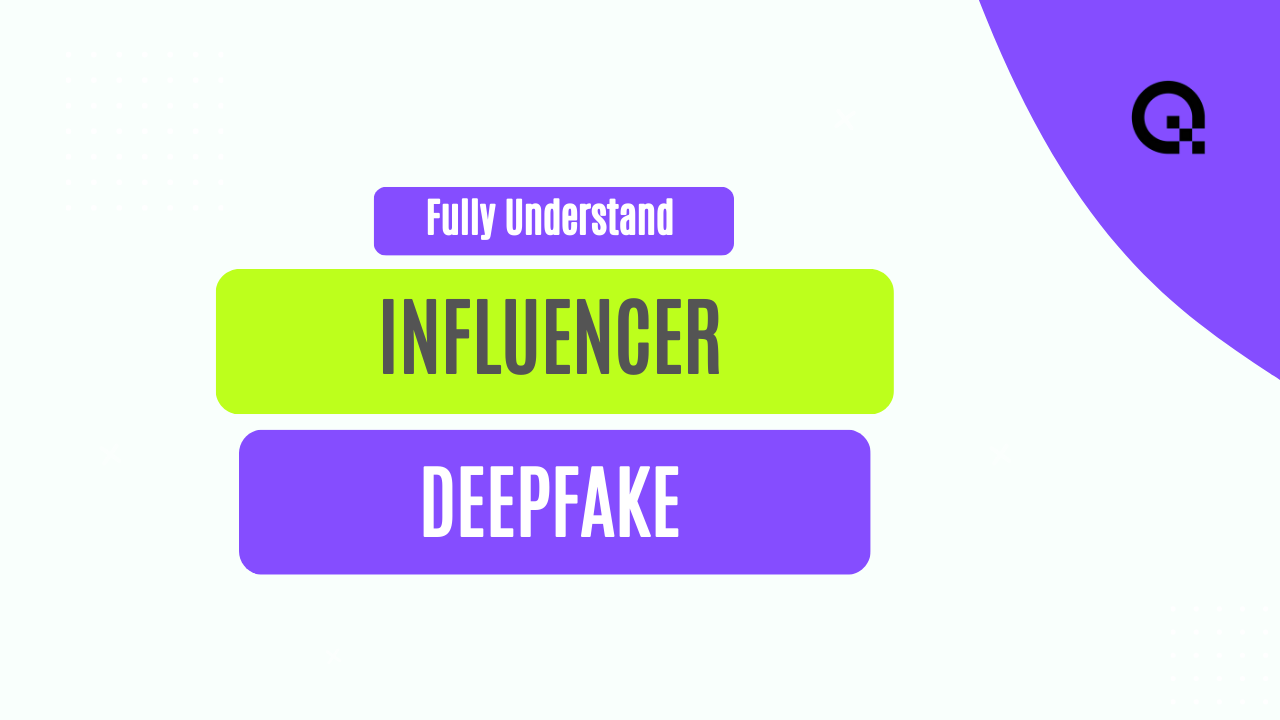The Impact of Soyboy Conspiracy Theories on Writing
Conspiracy theories have long been a part of our society, shaping beliefs and influencing behaviors. One such theory that has gained traction in recent years is the 'Soyboy Conspiracy.' This theory suggests that the consumption of soy products can lead to feminization in men, causing them to become less masculine and more effeminate.
Understanding the Soyboy Conspiracy
The Soyboy Conspiracy is rooted in the idea that soy contains phytoestrogens, which are plant-based compounds that mimic the hormone estrogen in the body. Proponents of this theory claim that excessive consumption of soy products can disrupt hormonal balance in men, leading to a range of undesirable effects such as decreased testosterone levels, reduced muscle mass, and increased emotional sensitivity.
Despite lacking scientific evidence to support these claims, the Soyboy Conspiracy has gained popularity in certain online communities and has been perpetuated through social media platforms and alternative health websites. This unfounded theory has sparked debates about masculinity, gender norms, and the impact of diet on physical and mental health.
While the Soyboy Conspiracy may seem harmless on the surface, its implications extend beyond dietary choices. The spread of misinformation and pseudoscience can have real-world consequences, influencing individuals to make drastic lifestyle changes based on unfounded beliefs. In the case of the Soyboy Conspiracy, some men may avoid soy products altogether out of fear of emasculating effects, depriving themselves of potential health benefits and nutritious food sources.
Writing in the Age of Conspiracy Theories
As writers and content creators, it is essential to navigate the landscape of conspiracy theories with caution and critical thinking. The prevalence of misinformation online requires us to fact-check sources, verify claims, and present information responsibly. When addressing topics like the Soyboy Conspiracy, it is crucial to debunk myths with evidence-based research and promote informed discourse.
Writing an article about the Soyboy Conspiracy presents a unique challenge. How do we approach this topic with sensitivity and accuracy while debunking false claims? By focusing on the science behind soy consumption, the role of hormones in the body, and the importance of critical thinking, writers can educate readers and dispel myths surrounding the Soyboy Conspiracy.
Furthermore, by highlighting the broader implications of conspiracy theories on public health, gender dynamics, and societal perceptions, writers can engage audiences in meaningful discussions about the impact of misinformation. Addressing the Soyboy Conspiracy within the context of larger societal issues can shed light on the dangers of pseudoscience and the importance of media literacy in the digital age.
Conclusion
Conspiracy theories like the Soyboy Conspiracy remind us of the power of misinformation and the need for critical thinking in an era of online discourse. By examining the origins, implications, and debunking of such theories, writers can contribute to a more informed and rational public dialogue. Writing an article about the Soyboy Conspiracy allows us to challenge false narratives, promote scientific literacy, and encourage readers to question the sources of information they encounter.
Ultimately, by focusing on evidence-based research, responsible journalism, and ethical storytelling, writers can combat the spread of harmful conspiracy theories and foster a culture of informed skepticism. The impact of the Soyboy Conspiracy on writing serves as a reminder of the importance of truth, integrity, and intellectual rigor in our pursuit of knowledge and understanding.



